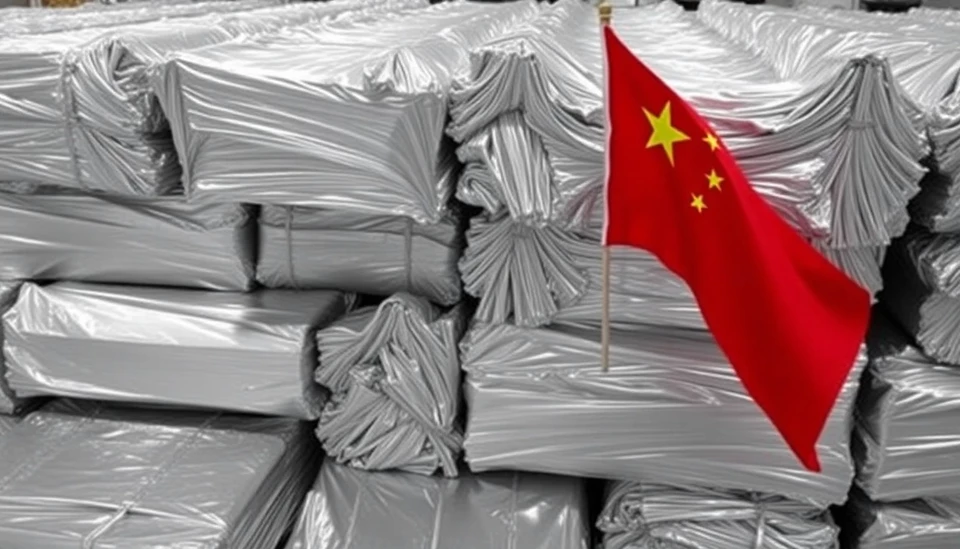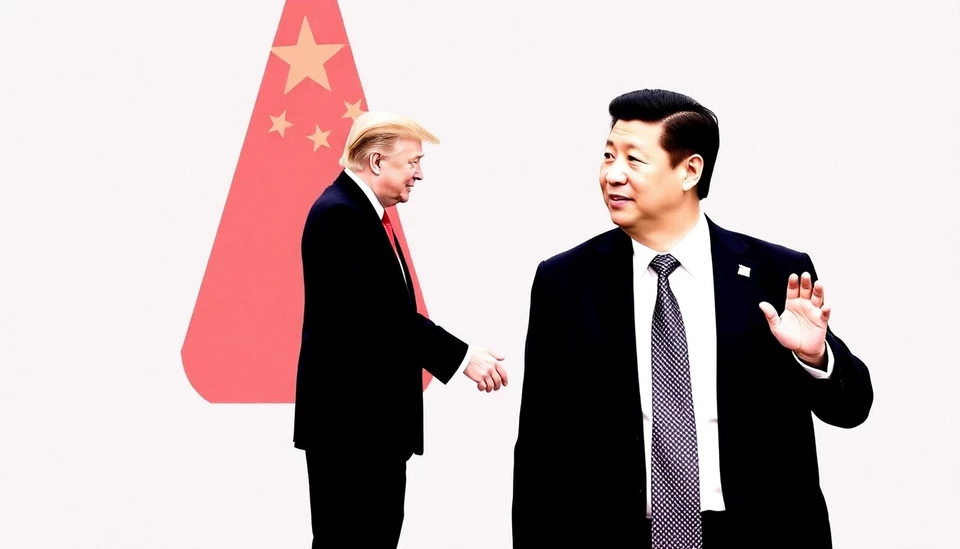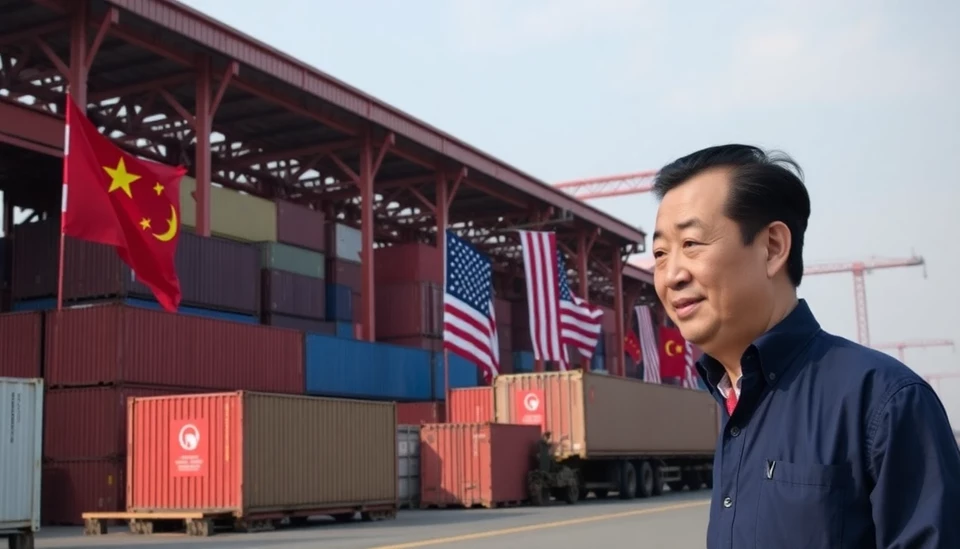
In a significant development on the global commodities stage, China's announcement of new restrictions on aluminum exports has sent shockwaves through markets, leading to notable declines in aluminum stocks and prices. The Chinese government aims to tighten its grip on production quotas and regulate shipments of aluminum in an effort to bolster its domestic climate initiatives and manage resource scarcity.
These measures come amid rising global demand for aluminum, a key material used in various industries, including construction, automotive, and electronics. China's control over its export quotas is expected to exacerbate existing supply chain challenges and fuel concerns among investors regarding the stability of aluminum prices worldwide.
Investors reacted immediately to the news, with major aluminum producers experiencing sharp declines in their stock values. Companies that are heavily reliant on imports of aluminum saw their shares tumble, as analysts warn that these restrictions could lead to a tightening of global supply, pushing prices higher in the long term. The ripple effect of this situation is likely to be felt across various sectors that utilize aluminum, increasing costs and potentially impacting profit margins.
Experts caution that these restrictions might lead to a significant recalibration of aluminum supply chains as manufacturers scramble to find alternative sources. Some businesses may consider shifting operations to regions with less volatility in supply to mitigate risks associated with relying on Chinese imports. This could potentially reshape the dynamics of the global aluminum market, as manufacturers adapt to the new normal.
China's motivations behind these restrictions are multifaceted. One of the primary objectives is to curb industrial emissions and transition to more sustainable production practices in alignment with its long-term climate goals. By controlling exports, China hopes to encourage domestic processing of aluminum, thereby limiting environmental impacts associated with mining and initial production phases.
Moreover, this initiative aligns with China's approach to safeguarding its natural resources amidst increasing calls for sustainability and reduced carbon footprints. By prioritizing domestic use over exports, China aims to strengthen its position as a pivotal player in the race toward a greener economy, though the immediate consequences are causing disruptions in international markets.
As markets continue to react to this unfolding situation, commodity traders and industry stakeholders will closely monitor the developments in China. Price volatility is anticipated as the supply-demand dynamics evolve in response to these new export controls. The convergence of tighter regulations and heightened global demand presents a complex scenario that will require strategic navigation by companies both in China and around the globe.
In conclusion, China's export restrictions on aluminum represent a major shift that could influence not just prices, but also the global supply chain for this critical metal. Stakeholders across various sectors are urged to stay informed and agile as they adapt to these new market conditions.
#China #Aluminum #ExportControls #Commodities #StockMarket #GlobalSupplyChain #Sustainability #MarketVolatility
Author: Daniel Foster




